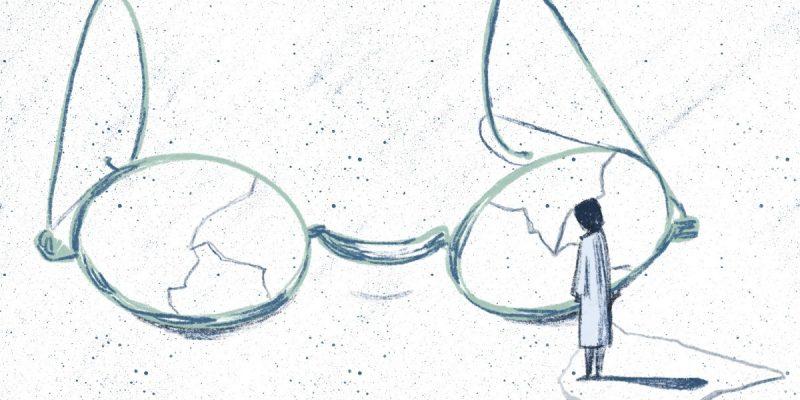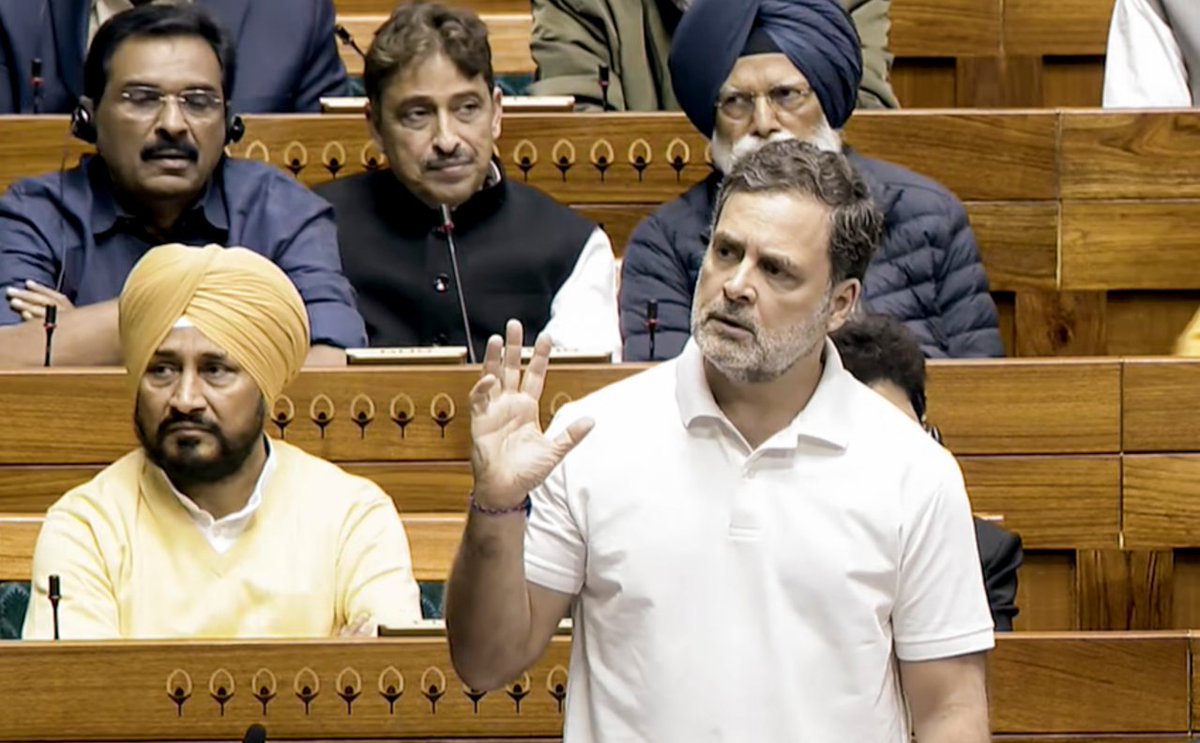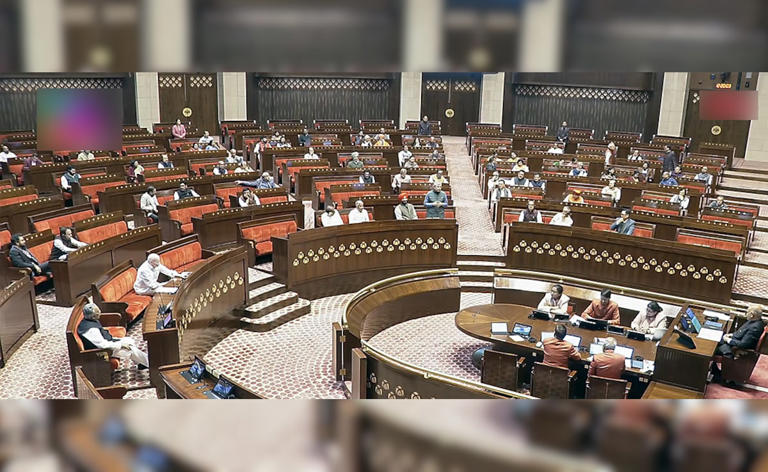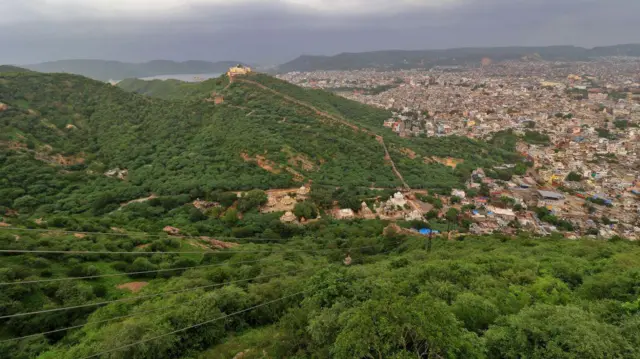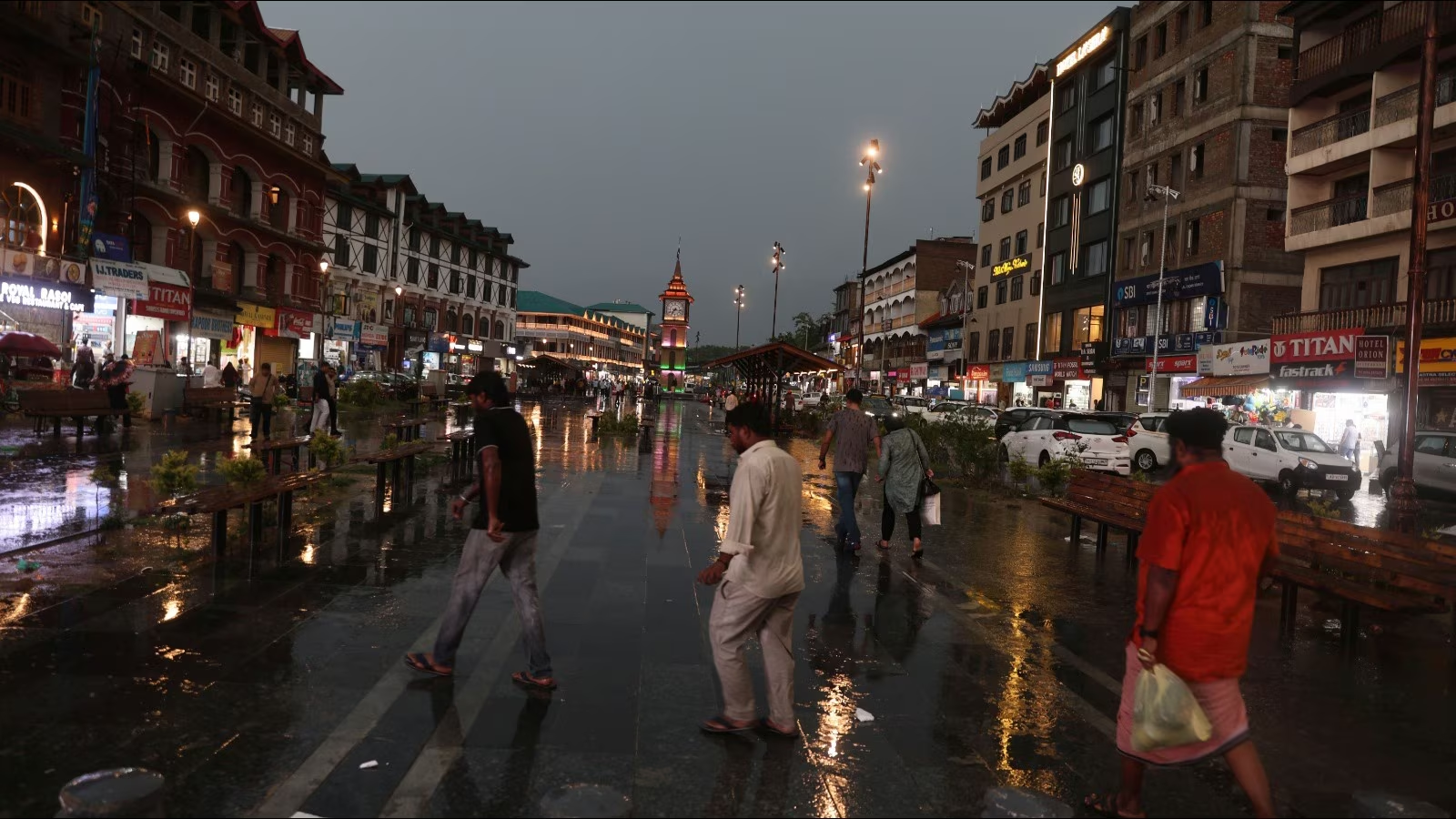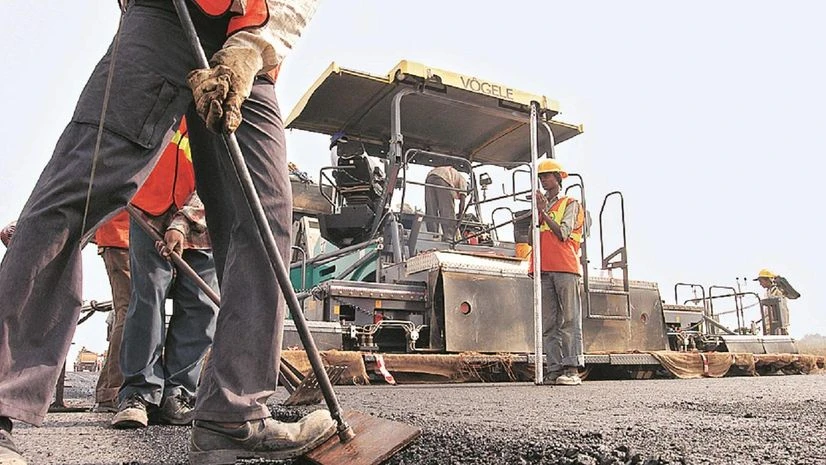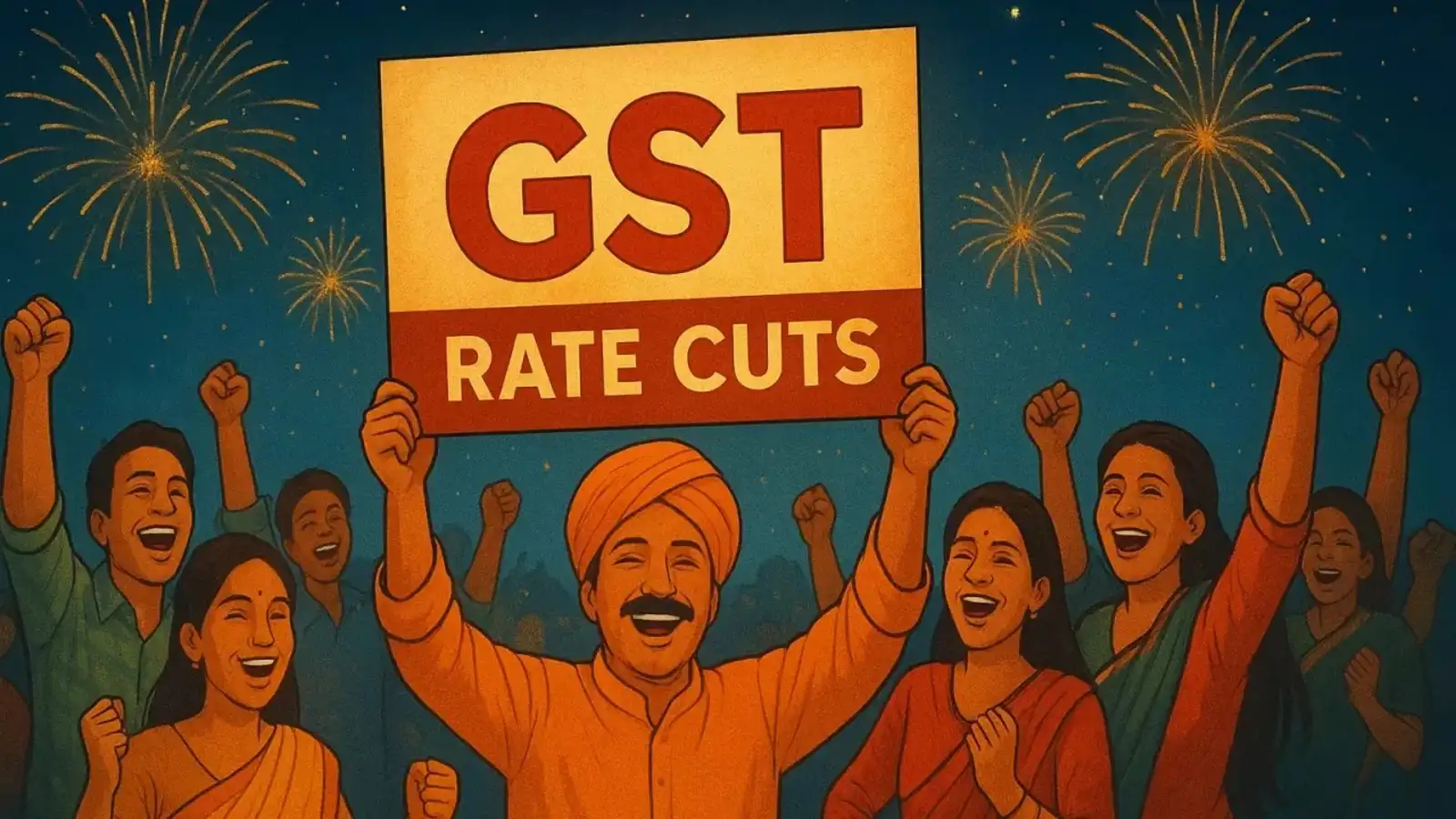|
After the Jallianwala Bagh massacre of 1919, Mahatma Gandhi wrote that the British regime perpetuated itself by employing the doctrine of frightfulness. It struck fear in the hearts of people who were expected to meekly surrender before the colonial authorities by accepting falsehoods spun by them and forsaking not just protest but even a questioning attitude either in public or through the media. That doctrine of frightfulness is being replayed in the India of 2024.
Those sections of the media which question the Modi regime are under attack and opposition parties are being split. People’s representatives, some of whom occupy high constitutional positions, are not spared. Many of them face jail, the threat of incarceration or repeated coercive action at the hands of government agencies. On February 12, former Maharashtra Chief Minister Ashok Chavan and a veteran leader of Congress resigned from the party. He was facing several corruption cases. A day later, he joined the BJP. The political buzz is that he was told he had two options – join the BJP or go to jail.
This exemplifies how the doctrine of fear is used to actuate a former chief minister of a major state like Maharashtra to resign from his party and embrace the BJP. Several newspapers and independent media platforms such as Newsclick, Caravan, The Wire and Newslaundry have faced punitive action. In Kashmir, the press club was shut down and several journalists were jailed on trumped up charges. In the case of Newsclick, its founding editor Prabir Purkayastha faces terrorism charges under the draconian UAPA law for discharging journalistic responsibilities.
Prime Minister Modi often takes pride in saying that India is the mother of democracy and yet his regime is acting contrary to basic democratic values. The relentless penal measures directed against the media flow from the doctrine of frightfulness which is applied with impunity to make independent and critical media subservient to the government, just as corporate media already is.
These developments remind us of the dark days of martial law imposed in Punjab following the Jallianwala Bagh massacre and the suppression of the press. Mahatma Gandhi in his report on the Punjab Disorders observed that “The existence of independent journalism became an impossibility during the Martial Law regime and The Tribune, the Punjabee, and the Pratap stopped publishing”. Those words of Gandhi resonate in India now when there is a great threat posed to independent journalism and those media platforms who dare to question the powers that be.
|
